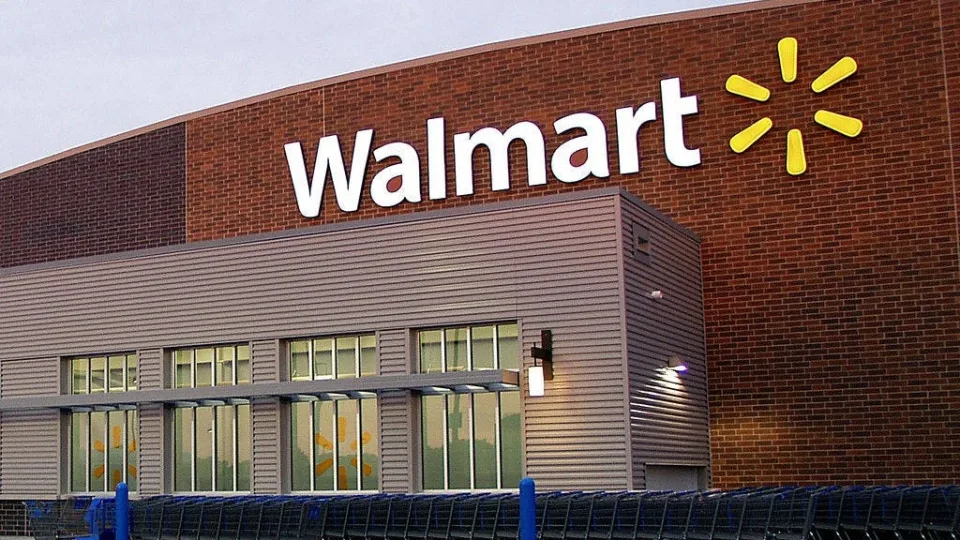Walmart Just Dropped a Major Hint: Is A U.S. Recession Closer Than You Think? Home Depot’s Dire Warning Adds Fuel To The Fire

Walmart’s second-quarter sales were stronger than expected, boosting optimism that a U.S. recession could be averted. This was quite the opposite of what Home Depot told investors some time ago. The good news from the world’s biggest retailer helped restore confidence among investors and other analysts.
Walmart – probably the best gauge of American spending, as it took one dollar in every twelve spent by shoppers in U.S. stores during the quarter – announced that sales went up 4.2% in the quarter to June. These results were much better than expected, and the company’s shares rose by 6% in early trading. That rally follows more than 30% year-to-date gains in Walmart’s shares, which generally set the tone for the broader economy.
Walmart CEO Doug McMillon further instilled confidence in retailer performance and the overall economic outlook on an earnings call with analysts. “We’re not seeing a weaker consumer overall,” he said, pointing out that consumers can still spend resiliently despite ongoing economic challenges.
He also emphasized that Walmart can maintain strong sales without slowdowns in other industries. The better-than-expected outcome has led the company to increase its expectations for the remainder of the year, underpinning confidence in the U.S. economy’s capacity to avoid a downturn.
That Walmart news was timely and gave the stock market a much-needed boost, with the S&P 500 gaining 1.5% and the Nasdaq surging 2.3%. Investors are optimistic that the economy can bounce back, and some analysts speculate that the Federal Reserve will cut interest rates as early as September. The possibility of rate cuts added to the momentum of the market’s trajectory, given that lower interest rates would support the economy.
“We’re back to an environment where good news is good news and bad news is bad news,” said Bret Kenwell, an analyst at eToro. He noted that while investors and consumers cheer for lower inflation, it shouldn’t come at the cost of the economy.
Kenwell added that robust retail sales – tempering fears of an imminent recession – might give the Fed more time before deciding on rate cuts. He mentioned that the Fed is walking a tightrope between fighting off inflationary pressures and boosting economic growth.
In marked contrast, Home depot issued a less encouraging report, warning that sales slid 3.6% in the last quarter due to fears of increasing interest rates straining consumers. The home improvement giant attributed the bad performance to consumer pullback in renovation spending. An earlier warning from Home Depot had added to fears of a possible recession in the U.S. economy, with higher borrowing costs and tighter budgets straining consumers. Those fears, though, have been eased by the upbeat figures from Walmart and data on recent jobless claims.
According to the Commerce Department, U.S. retail sales surged by 1% in July – the largest since January 2023 – with gains in autos, electronics, and appliances. This indicates that the typical American consumer was perhaps more resilient than some had feared.


